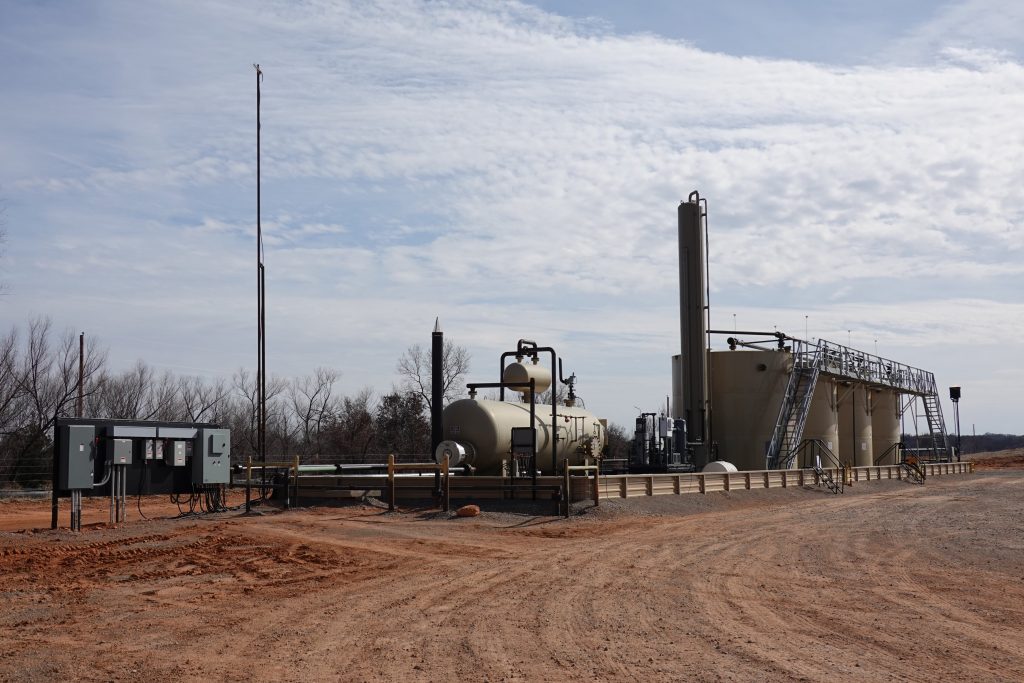
To effectively conduct a 1031 exchange, an investor needs to follow certain guidelines specified in Internal Revenue Code Section 1031. In essence, the investor must get a like-kind property that is of equal or greater value compared to the net sale price of the property being sold. A ‘like-kind’ property refers to any property held for productive purposes in a business or trade, such as income-generating property or investment property.
What is a Delaware Statutory Trust?
A Delaware Statutory Trust (DST) is a legally recognized form of real estate investment trust that allows investors to acquire ownership interests. Investors who hold fractional ownership in a DST are referred to as beneficiaries and are considered passive participants. The real estate assets held within a DST may include various asset classes and geographical locations.
In 2004, the IRS announced that DSTs are classified as like-kind properties, making them eligible for 1031 exchanges. This means that investors can use DSTs as replacement properties to satisfy the requirements of a 1031 exchange.
Delaware Statutory Trusts for 1031 Exchanges
A 1031 Exchange, which derives its name from Section 1031 of the U.S. Internal Revenue Code, is an IRS-approved transaction that enables real estate investors to postpone capital gains taxes or tax liability associated with the sale of an investment property. DSTs are recognized as a form of direct property ownership for tax purposes, making them eligible for tax-deferred 1031 Exchanges.
To defer taxes, the proceeds obtained from selling the relinquished property must be reinvested into another replacement property that is of “like-kind” and is equal to or has a greater value within 180 days from the closing date of the relinquished property. By deferring taxes, DST investors can retain the entirety of the equity gained from the sale of their relinquished property, allowing it to continue generating returns in their new DST replacement property.
The fundamental principles of a 1031 Exchange apply universally to all property types, including DSTs. However, DSTs often offer an advantage by typically closing within 3 to 5 business days after the sale of the relinquished property. This expedited timeline is particularly beneficial, given the strict rules and deadlines associated with 1031 exchanges.
Contact DW Energy
Want to learn more about oil & gas investing? Our expert team can provide you with more information or schedule a consultation to talk about diversifying your investment portfolio.

Understand how DSTs can benefit your 1031 exchange
The ownership structure of DSTs offers several advantages, like income potential, tax benefits, the chance to acquire ownership in high-quality assets, and eligibility for 1031 exchanges.
DSTs present themselves as an attractive choice for investors looking for replacement properties under 1031 exchanges. They provide passive income potential and allow for diversification of risk by spreading 1031 exchange proceeds across multiple DST properties. These properties are typically of institutional-grade quality and are larger in scale, surpassing the reach of individual investors.
Oil and gas investments can be considered as potential replacement properties for a 1031 exchange due to several reasons. Here are a few key factors that make oil and gas investments an attractive option:
- Tax Advantages – The primary objective of a 1031 exchange is to defer capital gains taxes on the sale of an investment property. Investing in oil and gas can provide similar tax benefits. In some cases, investments in oil and gas can offer significant tax advantages such as intangible drilling cost deductions, depletion allowances, and the potential for tax-advantaged cash flow.
- Diversification – Oil and gas investments can serve as a diversification strategy within a real estate portfolio. By adding a different asset class to your investment mix, you can potentially reduce risk and increase the overall return of your portfolio. Oil and gas investments are not directly tied to the real estate market’s performance, providing an opportunity to hedge against market fluctuations.
- Potential for High Returns – Oil and gas investments have the potential to generate attractive returns, especially in periods of rising energy demand and commodity prices. Successful wells can yield substantial profits, including royalty payments and potential capital appreciation.
- Passive Income Generation – Investing in oil and gas can provide a source of passive income. If you choose to participate as a limited partner in a project, you can potentially receive regular cash flow distributions from the investment without active involvement in day-to-day operations.
- Potential for Energy Market Upside – As the global demand for energy continues to rise, the oil and gas industry can benefit from increased consumption. With advancements in technology and exploration techniques, new discoveries and production methods are continually emerging, potentially leading to additional opportunities for investment.
Before considering Texas oil and gas investments as replacement properties in a 1031 exchange, it’s important to evaluate the specific risks and potential rewards associated with such investments. More importantly, seek guidance from an expert. He or she can offer valuable insights into the potential benefits of investing in these securities for your portfolio.
Please note that the information presented here does not constitute investment, tax, or financial advice. It is recommended that you consult with a licensed professional who can provide advice tailored to your specific situation.
Contact dw energy
Sources:
“1031 Exchange Basics,” Real Estate Transition Solutions, https://www.re-transition.com/1031-exchange-basics/
“Like-Kind Exchanges – Real Estate Tax Tips,” Internal Revenue Service, https://www.irs.gov/businesses/small-businesses-self-employed/like-kind-exchanges-real-estate-tax-tips
“Internal Revenue Bulletin: 2004-33,” Internal Revenue Service, https://www.irs.gov/irb/2004-33_IRB#RR-2004-86
“Like-Kind Exchanges Under IRC Section 1031,” Internal Revenue Service, https://www.irs.gov/pub/irs-news/fs-08-18.pdf
